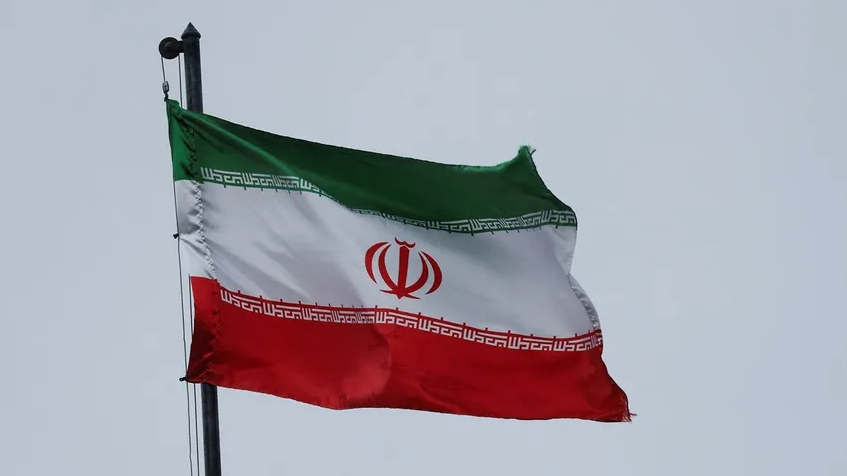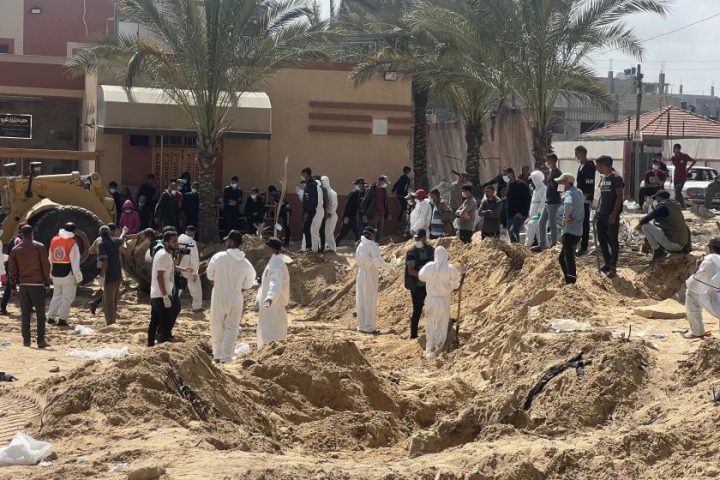An attack took place in Iran on Friday morning. The US media, citing Israeli and American officials, reported that this attack was a retaliation by Israel. However, Tel Aviv has not officially claimed responsibility for the attack.
According to former Israeli officials and analysts, the attack was designed to send a message to Tehran that Israel could attack Iranian territory.
Analysts say that Israel has tried to end tensions with a limited retaliation against Iran, even though it wanted to concentrate on the war in Gaza. On April 13, Tehran fired hundreds of missiles and drones at Israel in retaliation for the shooting of its consulate in Damascus in early April. These missiles and drones reached Israeli skies on Sunday morning, April 14. Israeli statements that it would respond to Iran’s attacks have increased tensions in the region.
Reprisals are over
According to analysts, Israel retaliated on Friday morning with limited strikes on insignificant targets to prevent a new attack from Iran. The Israeli government has made a public statement that there was a decisive response to the attacks that took place a few days ago. Analysts say that Iran sees this retaliation as insignificant. This marks the end of the mutual attacks that began with the shooting of the Iranian consulate in Damascus.
Military analyst Ron Ben Yisahi wrote on the YNET website that the recent strikes on several Iranian Revolutionary Guards Air Force sites are aimed at ending tensions without the need for Iran to launch a new attack against Israel.
Yisahi told Israel Army Radio, “Iran’s refusal to acknowledge that Israel carried out the recent attacks could be based on two reasons: Either the attack did not cause any major damage, or Iran is trying to downplay the attack in order to avoid provoking a backlash with a new retaliation.”
Iran’s options
Avi Mayer, former Editor-in-Chief of the Jerusalem Post, posted on X that: “It seems that Israel’s retaliation was limited to a few military targets on Iranian territory.”
According to Avi, Israel’s message to Iran is that ‘Israel can strike Iran powerfully anywhere by conducting precise and accurate operations.
According to Avi, Iran has several options. The first option is to “bloviate” and let the retaliation that followed the unprecedented attack on April 13 pass. Avi sees this option as the best and right choice to ease military tensions in the region.
The second option, according to Avi, is for Iran to launch a new wave of attacks with missiles and drones. Choosing this option could provoke a similar response from Israel. However, a misstep in such retaliation could escalate the conflict.
The third, least likely option, according to Mayer, is for Iran to mobilize its military forces and proxy forces in the region. If this option is chosen, both sides could face a catastrophic blow.
Mayer concludes his post on X with these words: “The future will be determined by the Iranian regime’s decision.”
What will happen if reprisals continue?
In an interview with The Independent, Middle East expert David B. Roberts expressed his concerns about a regional war if tensions escalate. According to David, such a situation would require the intervention of regional forces and international powers, including the United States, to de-escalate tensions.





